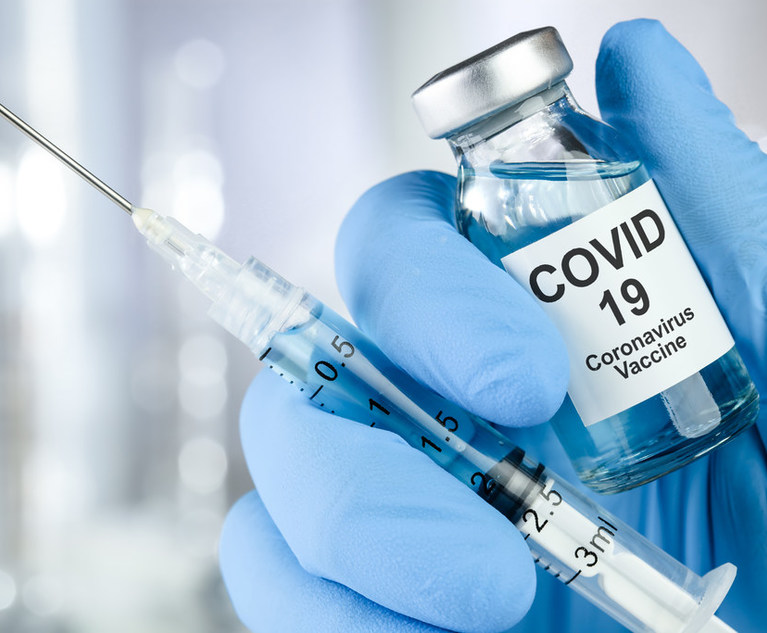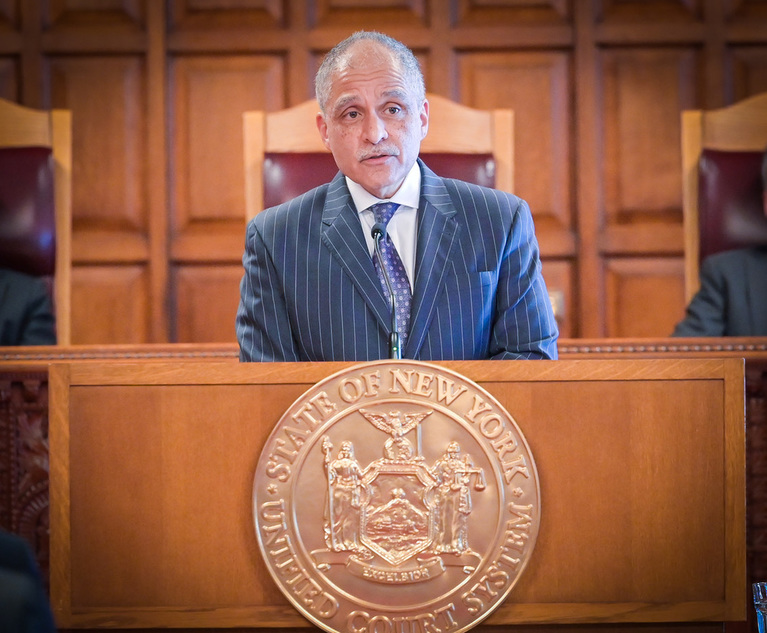Employers in New York state continue to grapple with fast-changing regulations and accommodating the best interests of their employees in designing a return-to-work policy amid COVID-19’s continued presence. Increased vaccination, together with resultant decreased infection rates, continue to be widely regarded as the key to returning to office environments in greater numbers. Understanding and managing workplace vaccination issues is particularly critical in light of recent mandates from the Biden administration, which compel large employers, federal contractors and health care employers (among others) to require their employees to submit proof of vaccination or undergo weekly COVID-19 testing. This three-part series is designed to help New York employers navigate their legal obligations concerning vaccination protocols that appear necessary for planning and implementing a safe and compliant return to work. This installment focuses on best practices for implementing vaccination policies. The second installment will address handling accommodation requests made in response to a vaccination policy. The third installment will summarize how employers can and should respond to infection events and workplace exposure to COVID-19 among a fully or partially vaccinated workforce.
Vaccination Policy Options
Workplace vaccination policies have emerged as a hotly debated topic since COVID-19 vaccination became widely available in the spring of 2021. Employers who must or wish to require vaccination generally have two options: (1) a mandatory vaccination policy, which requires all employees to be vaccinated before coming on-site unless a reasonable accommodation has been granted; and (2) a policy which gives employees a choice between vaccination and regular COVID-19 testing. Which policy is more appropriate depends largely on an employer’s preference, along with employee relations issues potentially associated with each option, and each carries its own legal hurdles.


 Credit: Leigh Prather/Adobe Stock
Credit: Leigh Prather/Adobe Stock




